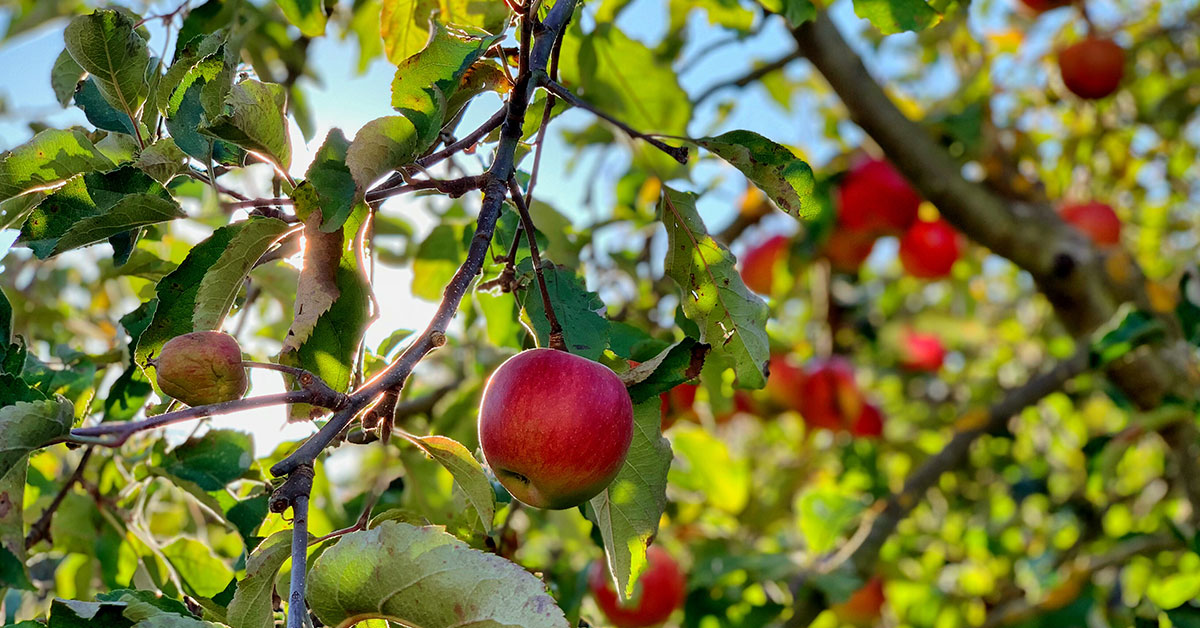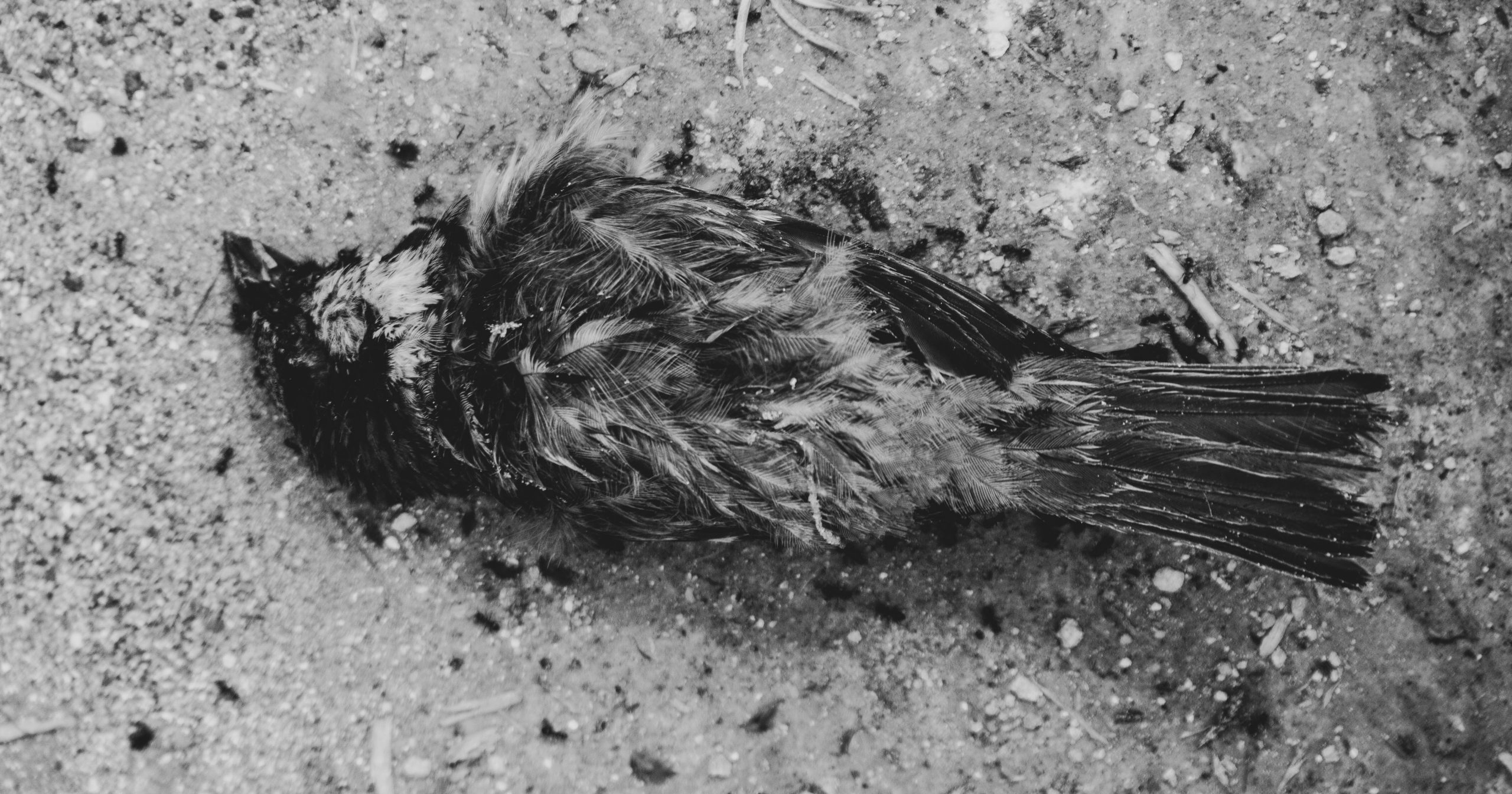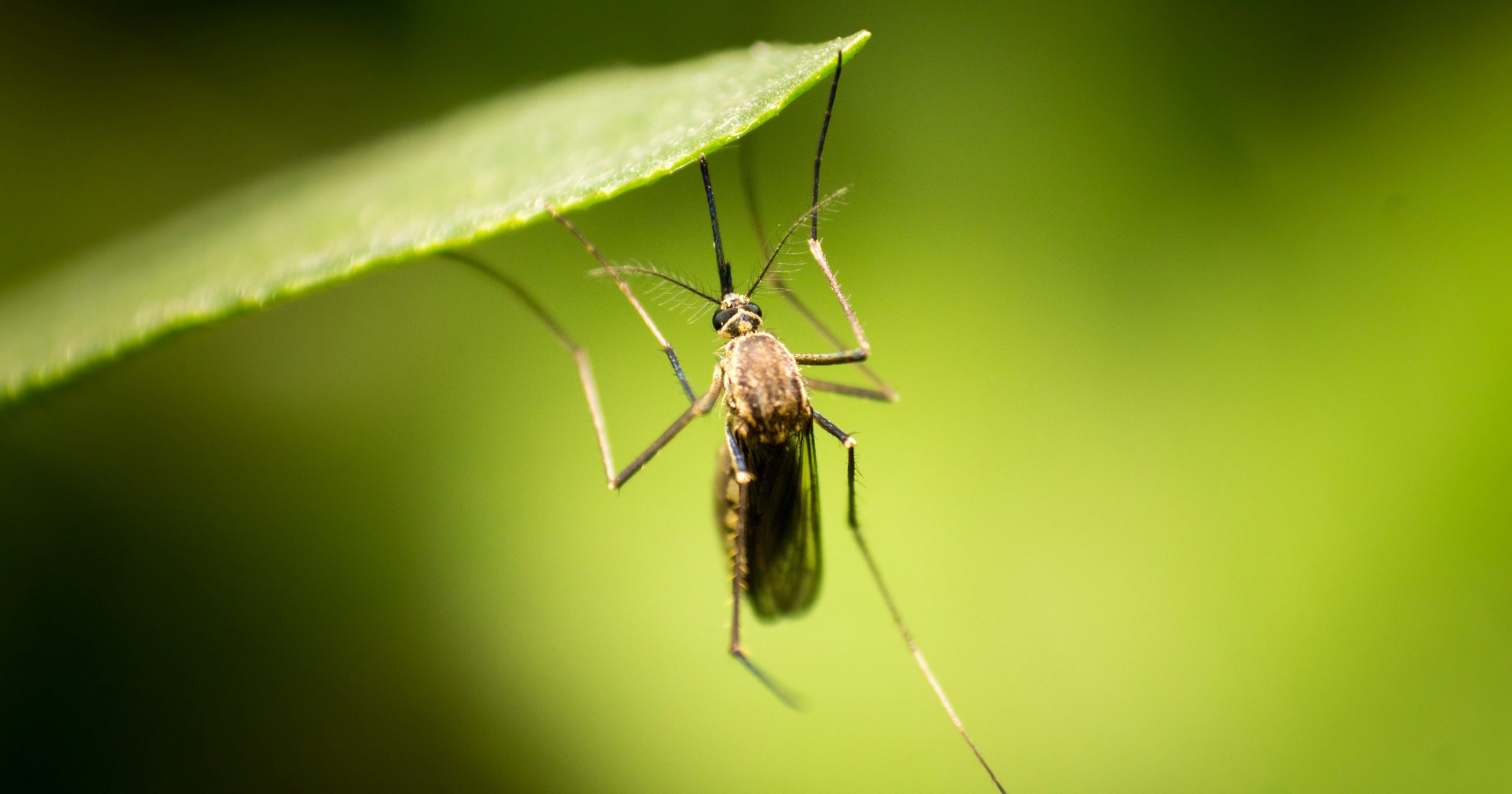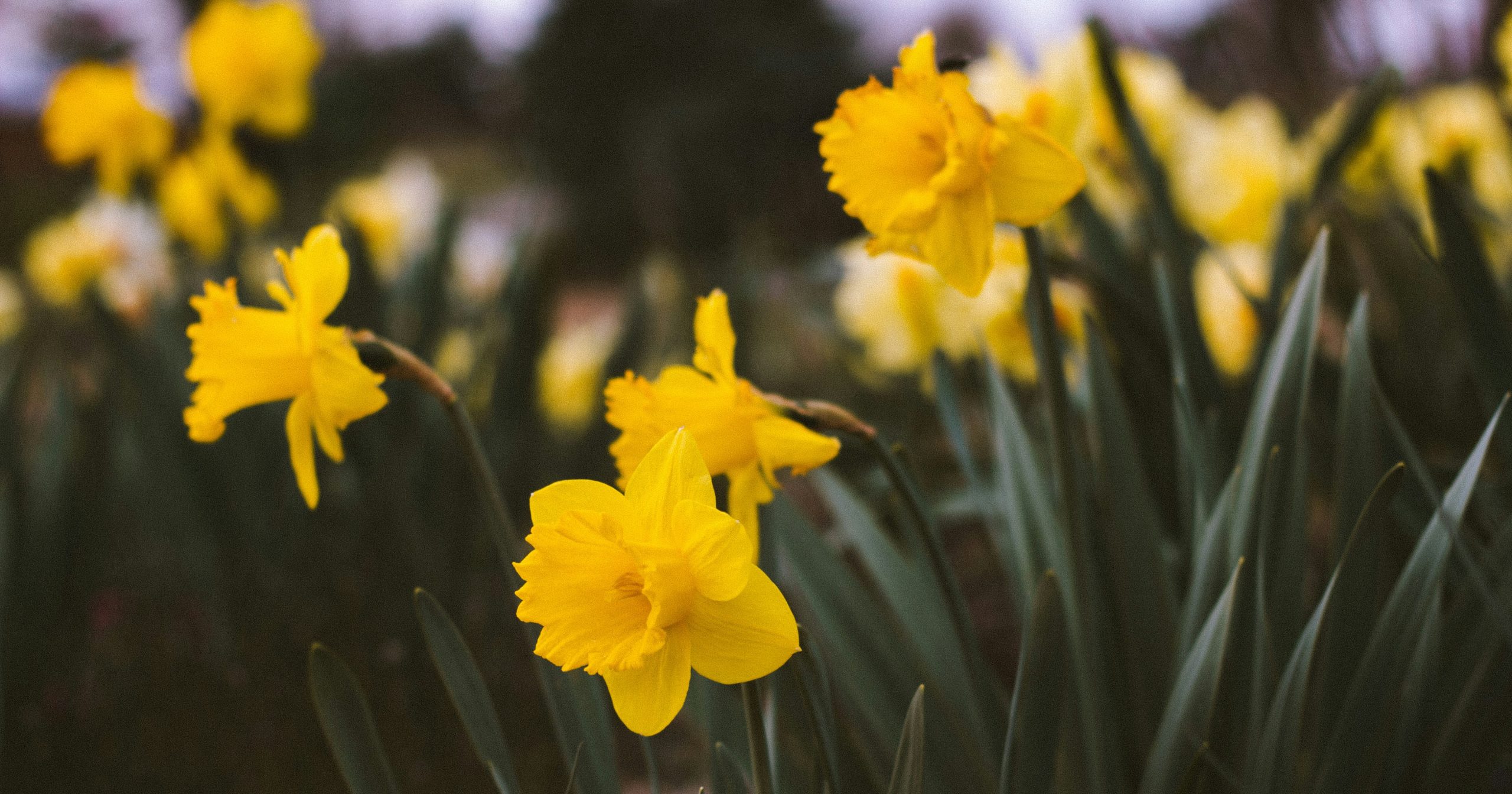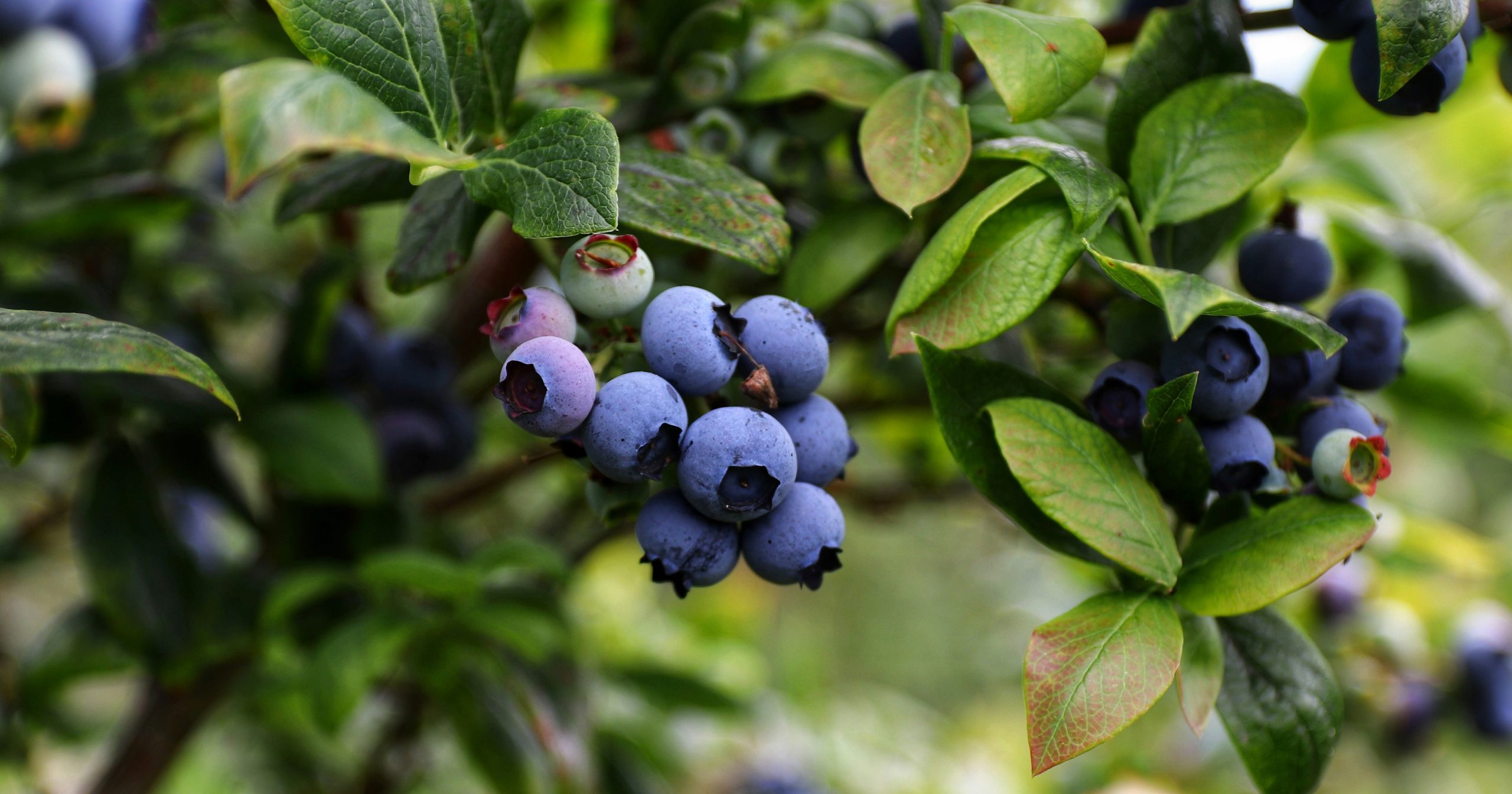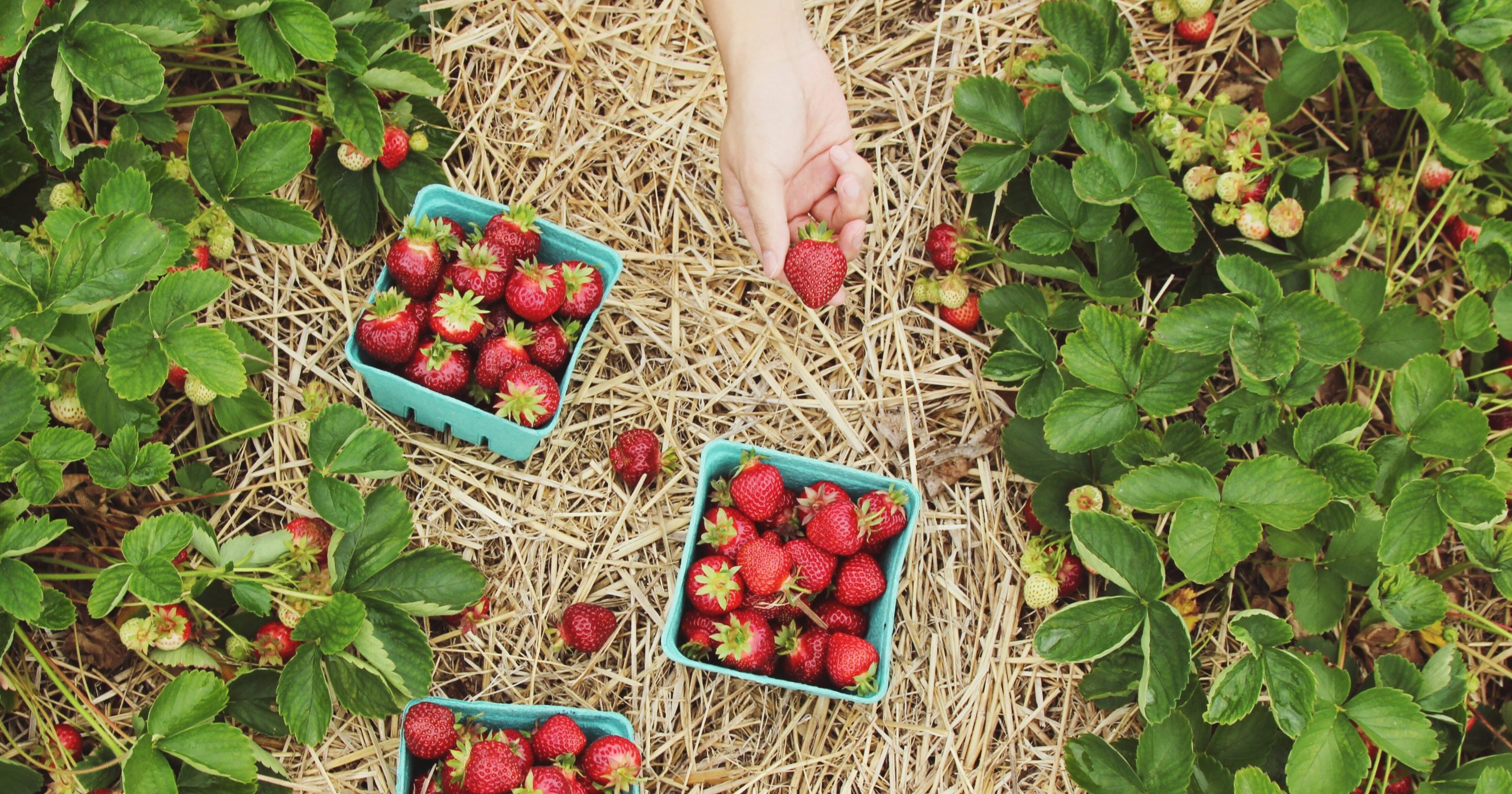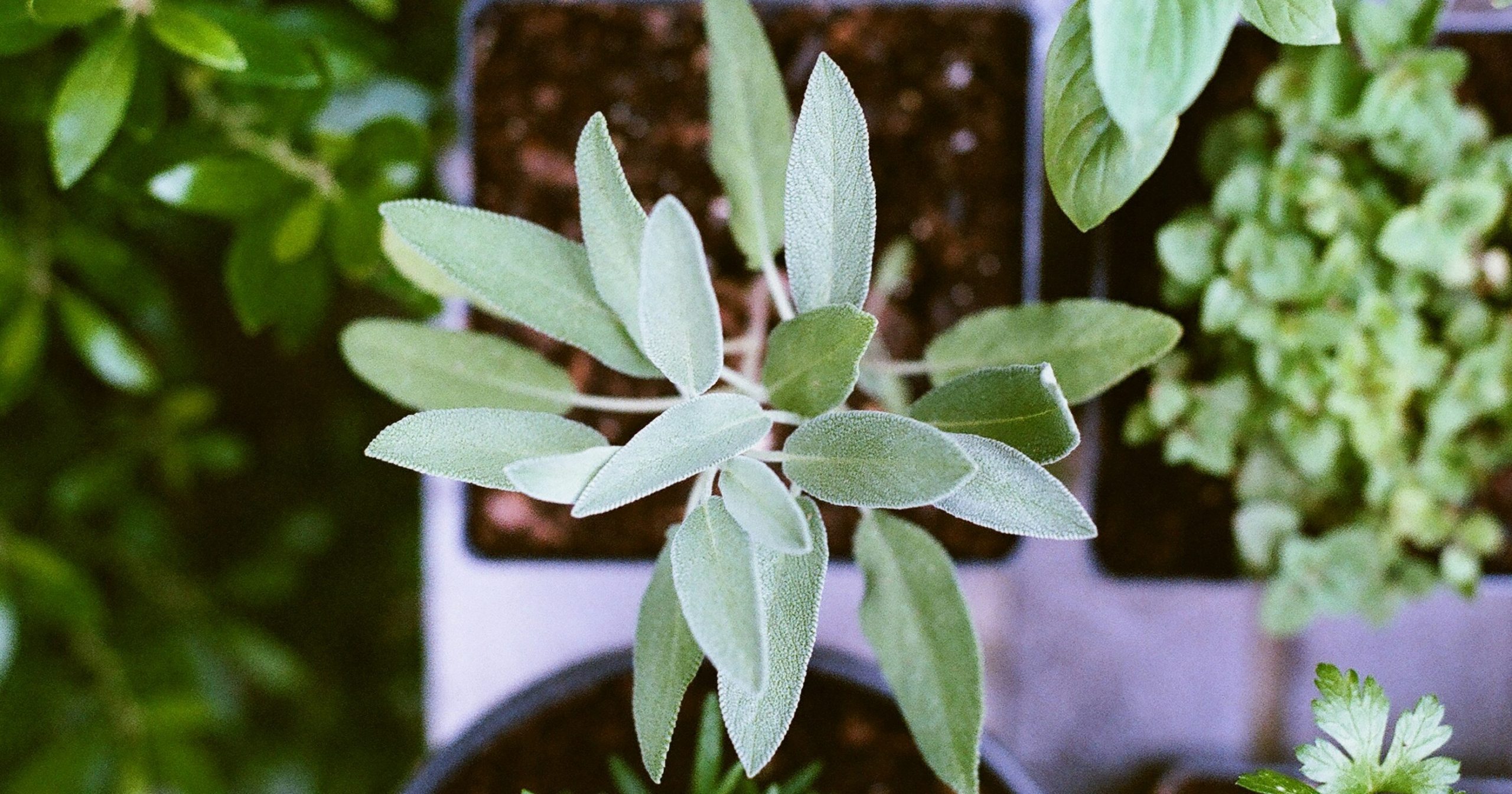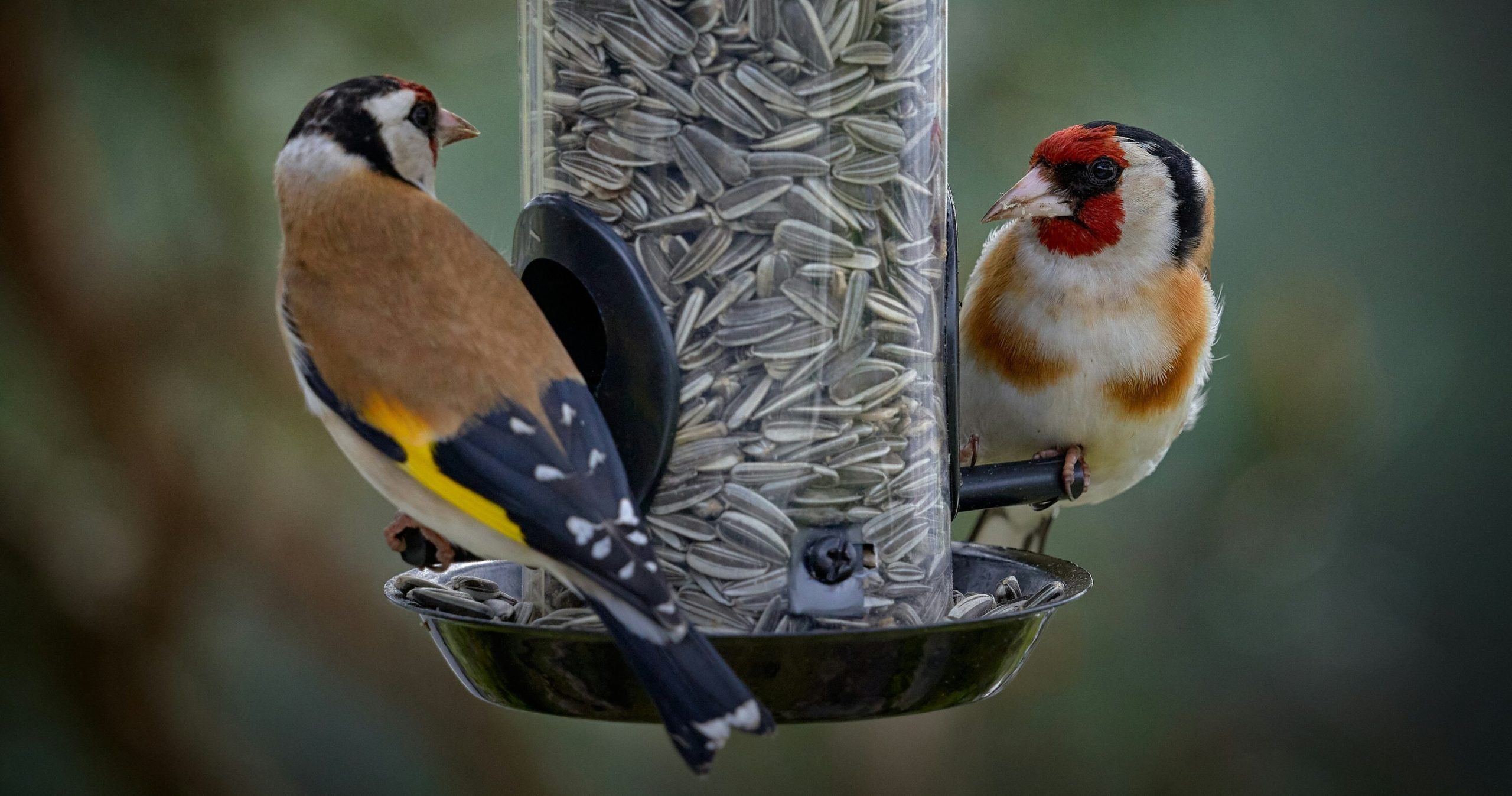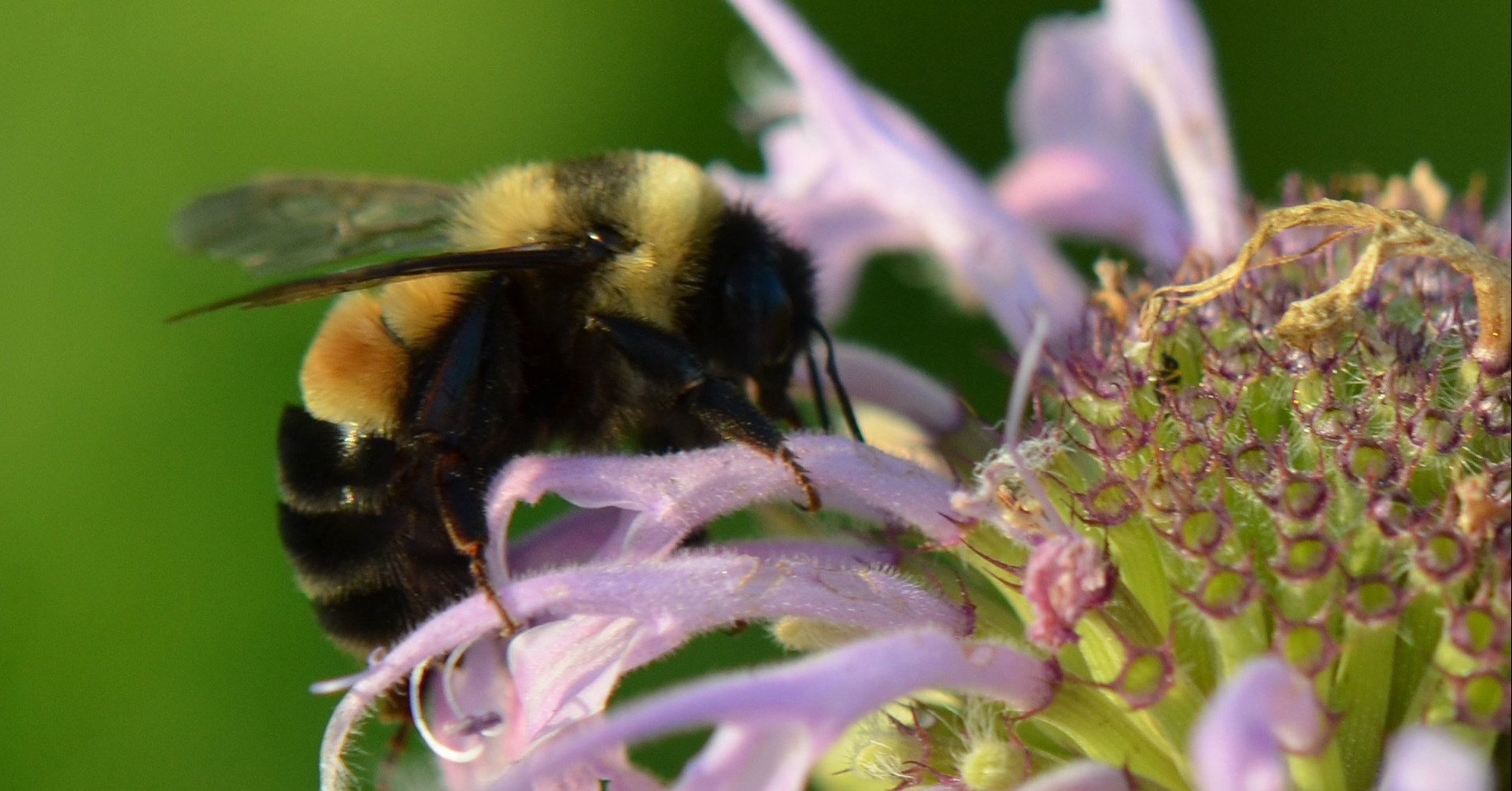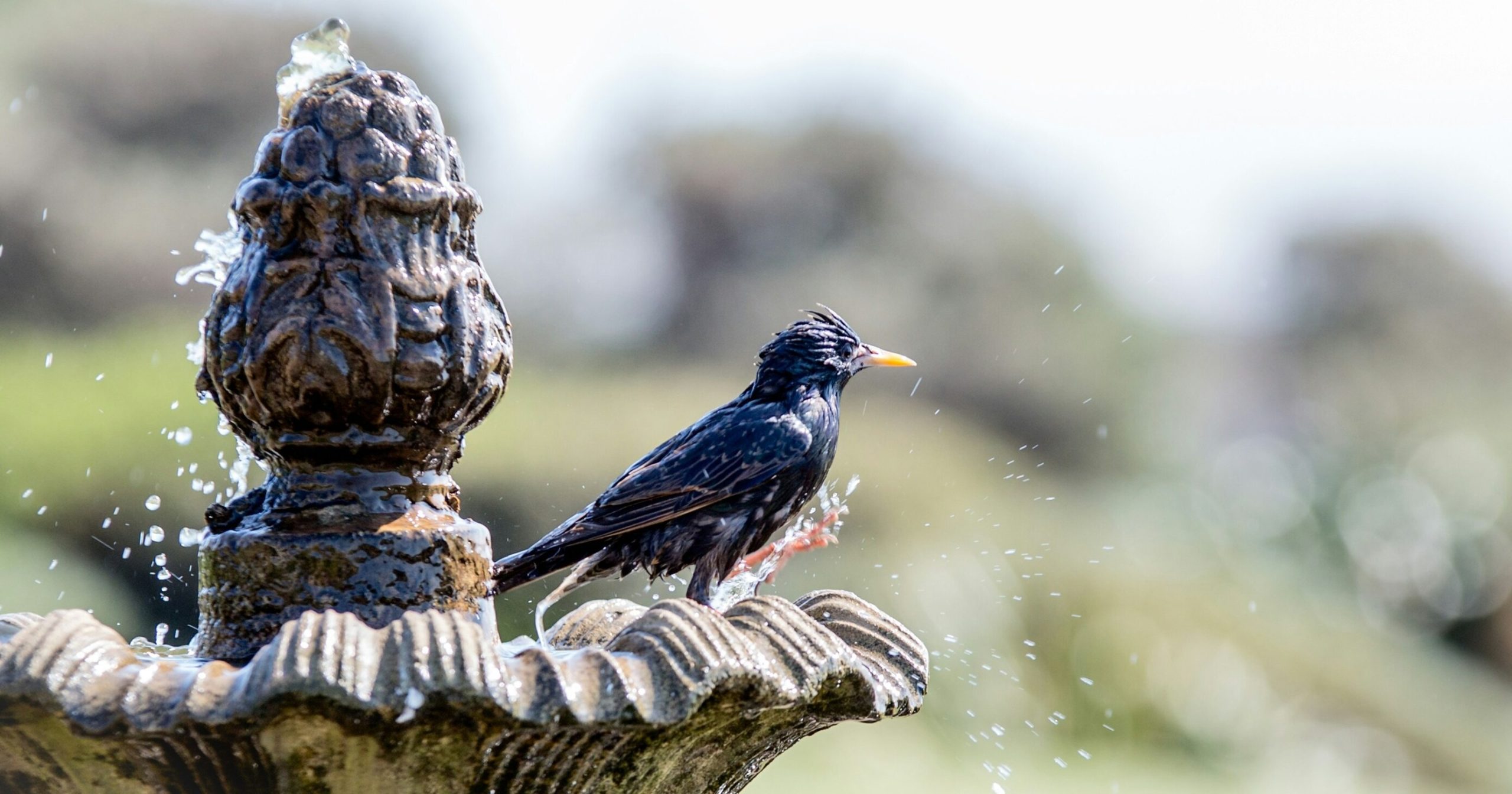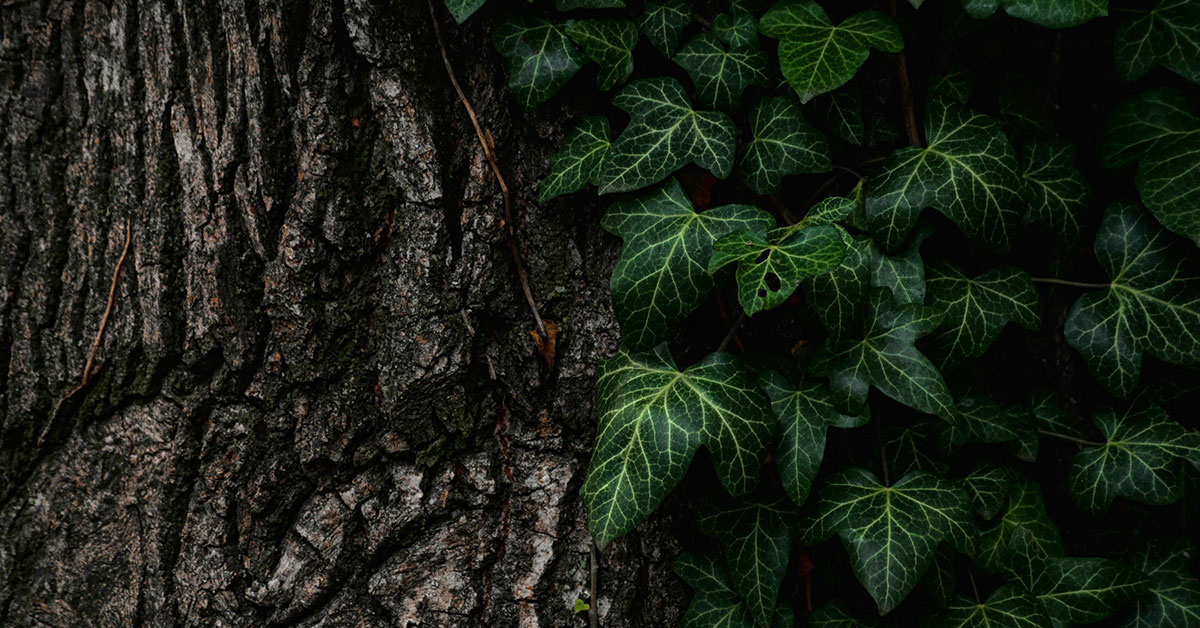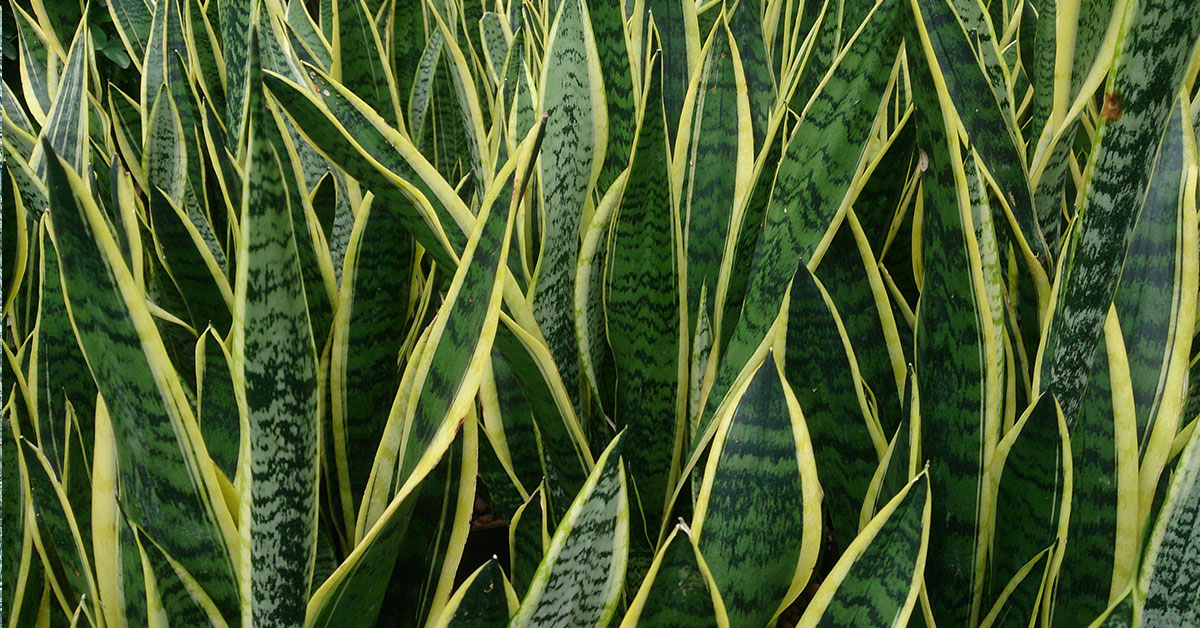Apple trees are a beloved addition to any garden or orchard, offering not only a bountiful harvest of delicious fruits but also a picturesque beauty throughout the seasons. However, to ensure the health and productivity of apple trees, proper fertilization is essential. With a plethora of fertilizer options available, choosing the best one for apple trees can be a daunting task. This article aims to guide gardeners and orchard owners in selecting the most suitable fertilizer for apple trees.
We will explore the key nutrients required by apple trees, the different types of fertilizers available, and provide recommendations for the best fertilizer options to promote vigorous growth, abundant blossoms, and a bumper crop of juicy apples. Whether you are a seasoned gardener or a novice apple tree enthusiast, this comprehensive guide will equip you with the knowledge to nourish and nurture your apple trees to their fullest potential.
Do Apple Trees need to be fertilized?
Yes, apple trees do benefit from being fertilized. Fertilizing apple trees helps to provide them with essential nutrients that may be lacking in the soil, promoting healthy growth and fruit production. It is important to choose a balanced fertilizer specifically formulated for fruit trees and follow the recommended application rates. Fertilizing should be done in early spring before new growth starts, and again in late spring or early summer if needed. It is also important to consider the soil conditions and nutrient levels before applying fertilizers, as excessive or improper fertilization can harm the tree.
The best fertilizer for Apple Trees
The best fertilizer for growing apple trees is one that provides a balanced blend of nutrients, specifically nitrogen (N), phosphorus (P), and potassium (K). Look for a fertilizer with an NPK ratio of around 10-10-10 or 14-14-14. This balanced ratio ensures that the apple tree receives adequate amounts of each essential nutrient.
Additionally, apple trees benefit from organic matter, so incorporating compost or well-rotted manure into the soil before planting can help improve fertility and nutrient availability. Mulching around the base of the tree with organic materials like wood chips or straw can also provide slow-release nutrients and help retain moisture.
It’s important to follow the manufacturer’s instructions when applying fertilizer, as over-fertilization can lead to excessive vegetative growth and reduced fruit production. Apply the fertilizer evenly around the drip line of the tree, avoiding direct contact with the trunk. It’s best to fertilize apple trees in early spring before new growth begins or in late fall after the tree has gone dormant.
Regular soil testing can also help determine any specific nutrient deficiencies or imbalances, allowing you to adjust the fertilizer accordingly. Consulting with a local horticultural extension or nursery can provide more specific recommendations based on your location and apple tree variety.
When to fertilize Apple Trees
The ideal time to fertilize apple trees is in early spring, just before new growth begins. This allows the tree to take advantage of the nutrients as it starts to produce leaves and flowers. It’s important to avoid fertilizing too late in the season, as this can encourage late-season growth that may not have time to harden off before winter, making the tree more susceptible to cold damage. Additionally, it’s a good practice to perform a soil test before fertilizing to determine the specific nutrient needs of your apple trees.
Common issues with fertilizing Apple Trees
When fertilizing apple trees, several common issues or problems can arise. Here are a few:
- Over-fertilization: Applying excessive amounts of fertilizer can lead to nutrient imbalances, burning of the roots, and overall stress on the tree. This can result in reduced fruit production, stunted growth, or even tree decline.
- Under-fertilization: Insufficient or inadequate fertilization can result in nutrient deficiencies, leading to poor tree health, reduced fruit quality, and lower yields. It’s essential to provide the necessary nutrients for optimal growth and productivity.
- Improper timing: Fertilizing at the wrong time can be detrimental to apple trees. Applying fertilizer too early in the spring can stimulate excessive vegetative growth at the expense of fruit production. Late-season fertilization can also interfere with the tree’s natural hardening process, making it more susceptible to winter damage.
- Incorrect nutrient balance: Apple trees require a balanced mix of macronutrients (nitrogen, phosphorus, and potassium) as well as micronutrients (iron, zinc, manganese, etc.). Imbalances in these nutrients can cause various issues, such as reduced fruit set, leaf discoloration, or poor root development.
- Poor soil conditions: Fertilizer effectiveness can be compromised if the soil pH is too high or too low. Apple trees prefer slightly acidic soil with a pH range of 6.0 to 6.5. Additionally, compacted or poorly drained soils can hinder nutrient uptake, leading to deficiencies or excesses.
To avoid these problems, it’s crucial to conduct soil tests to determine the nutrient requirements, follow recommended fertilization rates, apply fertilizers at the appropriate time, and monitor the tree’s response to adjust the fertilization program accordingly. Consulting with a local horticulturist or agricultural extension service can provide specific recommendations for your region and apple tree variety.
